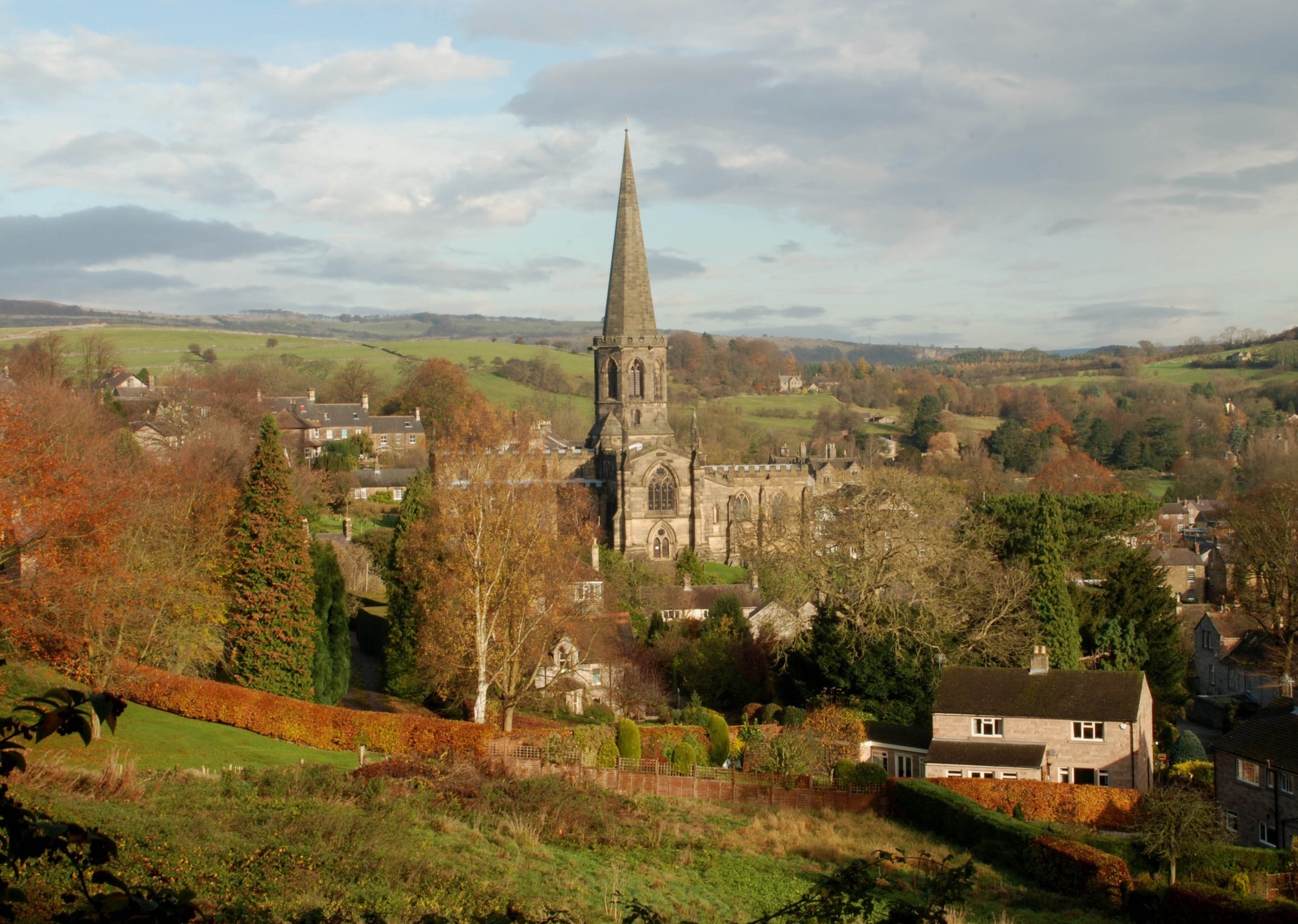5 Reasons We Must Evangelise Rural Britain
Image Credits: Rob Bendall(For more information, see my userpage...), Attribution, via Wikimedia Commons
What is the rural project? Our front page has this mission statement:
“A purposeful and prayerful partnership, to see the gospel advance in Great Britain’s villages, hamlets and market towns.”
But is this a worthwhile endeavour? There are many needs in the UK:
Urban church planting
Work in poorer areas
Fighting for religious freedoms.
Is Rural Britain really a priority?
In this article, I hope to convince you that we must evangelise Britain’s villages.
Here are five reasons we must evangelise Britain’s villages.
1. Rural is Bigger Than You Think
Simple maths show cities are bigger than villages. The population of Greater London is 8.7 million people.[1] Wouldn’t it be better for the gospel to go there? Why plant a church in Easingwold with a population of 4,907 instead?[2]
This overlooks the size of the total rural population.
The UK’s rural population is 10.6 million people.[3] That is a million more than Greater London’s population. Although the individual villages may be small, they add up to a significant number of people.
This doesn’t mean we neglect the cities. Nevertheless, there needs to be a plan to reach the 16% of the population who are in rural areas.[4]
2. The Downstream View Is Flawed
You might respond “Yes but cities are the cultural centres. What starts in the city will eventually float down stream from cities to towns to rural areas.”
This oft-repeated view is flawed:
Churches don’t accidentally happen in rural areas. Someone must actually go there!
Many places in the UK are miles from cities. Which city will plant a church in the Orkney Islands?
Big city churches are focused (understandably) on their city. Rural areas may not be on their radar.
If a city church does plant rurally, what worked in the city may not work in the rural church.
We can’t expect rural growth to accidentally happen. It needs intentional focus.
3. The Experience of Churches
Although their stories are rarely told, there are many encouragements in rural areas:
Souls saved
Churches revitalised
Rural churches planted
Too often we assume all rural churches have been turned into carpet warehouses.
When you hear these stories of thriving rural churches, you can’t help but think there is potential across the UK. The numbers may be smaller because the mission field is smaller, but that doesn’t mean churches are unhealthy.
4. God’s Growth Method
Much of the language around church growth is problematic, especially when focused on cities.
Does God go after the “strategic”? Does he seek the “cultural influencers”?
Hear what Paul says to the Corinthians:
Brothers and sisters, think of what you were when you were called. Not many of you were wise by human standards; not many were influential; not many were of noble birth. But God chose the foolish things of the world to shame the wise; God chose the weak things of the world to shame the strong.
(1 Corinthians 1:26-27, NIVUK)
Corinth was a city. However, even there, Paul wasn’t among the cultural movers and shakers. He was with the unimpressive, the insignificant.
God doesn’t need to be in places of influence. He uses the weak to shame the wise. He doesn’t need the influential. He can work for good in rural areas as easy as the city.
5. Jesus of Nazareth
Jesus didn’t prioritise the cities:
He was born in Bethlehem (population 300-1,000).[5]
He grew up in Nazareth (population 500).[6]
He ministered in towns and villages across Galilee (Luke 8:1)
He told his disciples to go to towns and villages (Matthew 10:11).
He didn’t neglect the villages, nor the towns. Jesus took his gospel message everywhere. We hope to follow his example.
Convinced?
We’re building a purposeful partnership of gospel churches seeking to reach out to rural areas of the United Kingdom.
If you share our passion, we’d love you to be a part of it. Visit our connect page to get started
Enjoyed this? Please consider sharing using the buttons below. It really helps us get the word out!
Tim Wilson
Tim Wilson is pastor of Wheelock Heath Baptist Church in South Cheshire, England. He is part of the Rural Project steering committee, focusing on online content. He graduated from the Union School of Theology, is married, and has three children.
References
[1] https://data.london.gov.uk/dataset/londons-population
[2] https://www.citypopulation.de/en/uk/yorkshireandthehumber/north_yorkshire/E34002305__easingwold/
[3] https://www.macrotrends.net/countries/GBR/united-kingdom/rural-population
[4] Ibid.
[5] See Donnie Griggs Small Town Jesus.
[6] Ibid.


